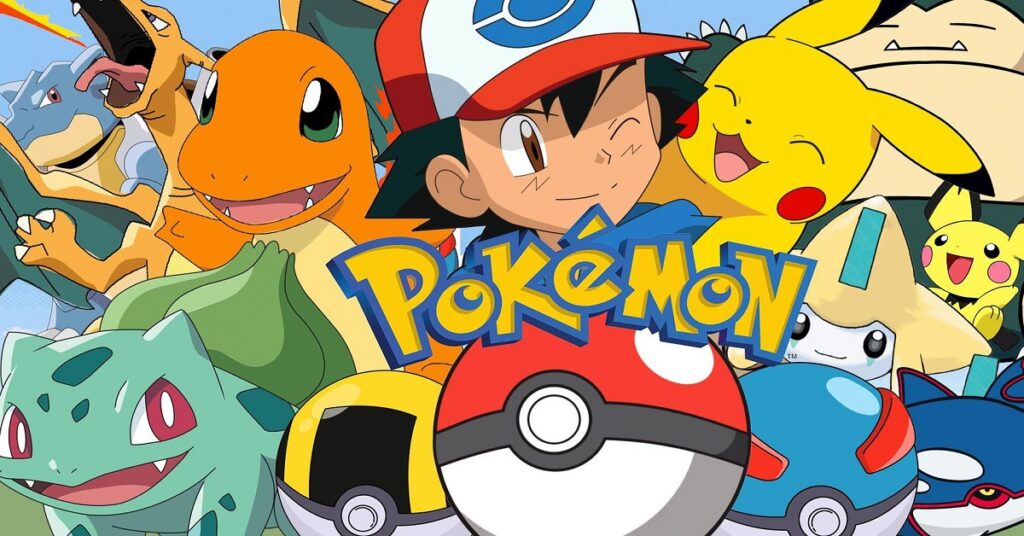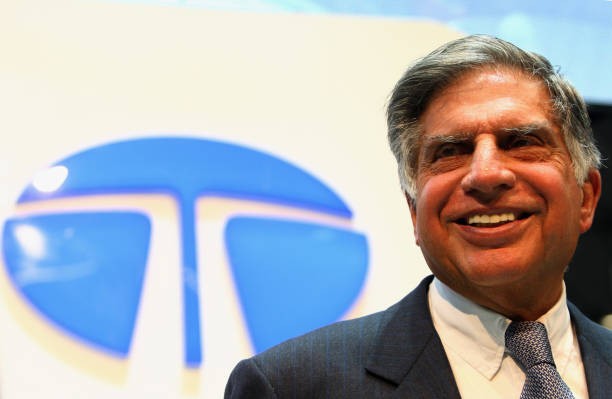On December 3, 2024, South Korean President Yoon Suk Yeol made a historic announcement by declaring an “emergency martial law,” marking the first such declaration since the end of military dictatorship in the late 1980s. This decision has sparked significant controversy and unrest across the nation. Below, we explore the context, implications, and reactions surrounding this unprecedented move.
What is Martial Law?
Martial law is a temporary measure where the government assigns military authorities to administer and enforce laws in a specific area or, at times, an entire country. Governments typically declare it during extreme emergencies, such as war, civil unrest, natural disasters, or when civilian authorities fail to maintain order.
Context of the Declaration
Political Tensions:
President Yoon’s declaration comes amid escalating tensions with the opposition Democratic Party, which currently holds a majority in the National Assembly. Yoon accused the opposition of undermining the government and sympathizing with North Korea, claiming their actions have paralyzed the legislative process.
Struggles with Governance:
Since taking office in 2022, Yoon has faced challenges in pushing his agenda due to the opposition’s control over parliament. His approval ratings have plummeted, and he has been unable to pass key legislation, including the contentious 2024 budget bill.
Details of the Martial Law Declaration
The declaration includes a ban on all political activities, protests, and gatherings deemed to cause social disorder. The military has been empowered to enforce these measures, including the ability to arrest individuals without a warrant.
Media Control: Under the martial law provisions, all media and publications are subject to government control, raising concerns about freedom of the press and expression in South Korea.
Immediate Reactions:
Opposition Response:
The opposition, led by Lee Jae-myung, has condemned the declaration as unconstitutional and a threat to democracy. They quickly convened an emergency meeting to discuss their response and strategies to counteract the martial law.
Public Protests:
Following the announcement, large protests erupted outside the National Assembly, with demonstrators demanding the lifting of martial law and expressing their discontent with the government’s actions. Protesters clashed with police, highlighting the deep divisions within South Korean society.
International Implications
The declaration has drawn attention from international observers, including the United States, which is closely monitoring the situation. Concerns have been raised about the potential for increased instability in the region, particularly given North Korea’s ongoing military activities. South Korean won experienced a significant drop against the US dollar following the announcement, reflecting investor concerns about the political climate and its implications for economic stability.







